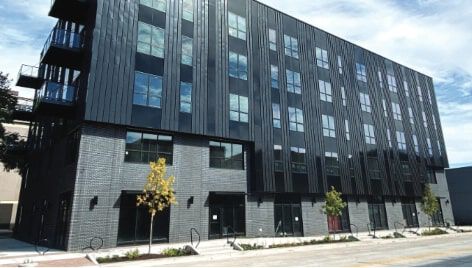One of the widely widely used encryption protocols is SSL Socket Layer (SSL) and its successor, TLS Security (TLS). These protocols establish a secure connection between a resident's system and the internet, ensuring that all information exchanged remains private. When residents in an MDU access sites that utilize SSL/TLS, their personal data, such as login credentials and credit card details, is secured. This means that even if someone attempts to capture the data, they would only see a jumble of letters and numbers, rendering it almost unfeasible to comprehend. By encouraging the adoption of such standards, MDUs can greatly enhance the security of their tenants' internet actions.
Another important coding method is Virtual Private Tunnel (VPN) technology. A VPN creates a protected pathway for internet traffic, which protects individuals from prying eyes, especially when accessing public wireless connections. In an MDU, where numerous tenants may link to the identical service, using a VPN can help ensure that personal web actions stay private. This is particularly crucial for activities such as internet transactions or retrieving sensitive data. By promoting the use of VPNs among tenants, MDUs can cultivate a more secure online environment and help safeguard against data breaches.

Alongside such coding techniques, it is vital for MDUs to check out the post right here educate their residents about the significance of online security. Numerous people may not be conscious of the risks linked with utilizing shared internet connections. Offering resources on how to identify scam attempts, the importance of strong passwords, and the advantages of employing encrypted websites can enable tenants to take control of their internet security. Workshops or informational meetings can be beneficial ways to raise awareness and promote best practices for online safety.
Finally, MDUs should consider collaborating with web service providers (ISPs) that emphasize safety and offer advanced coding options. By partnering with ISPs that implement strong encryption protocols, MDUs can ensure that their tenants have availability to protected web services. This partnership can result to improved general safety for the entire complex, as well as enhanced trust among residents. By implementing these steps, MDUs can create a more secure online environment, safeguarding resident confidentiality and data security in an ever more connected world.